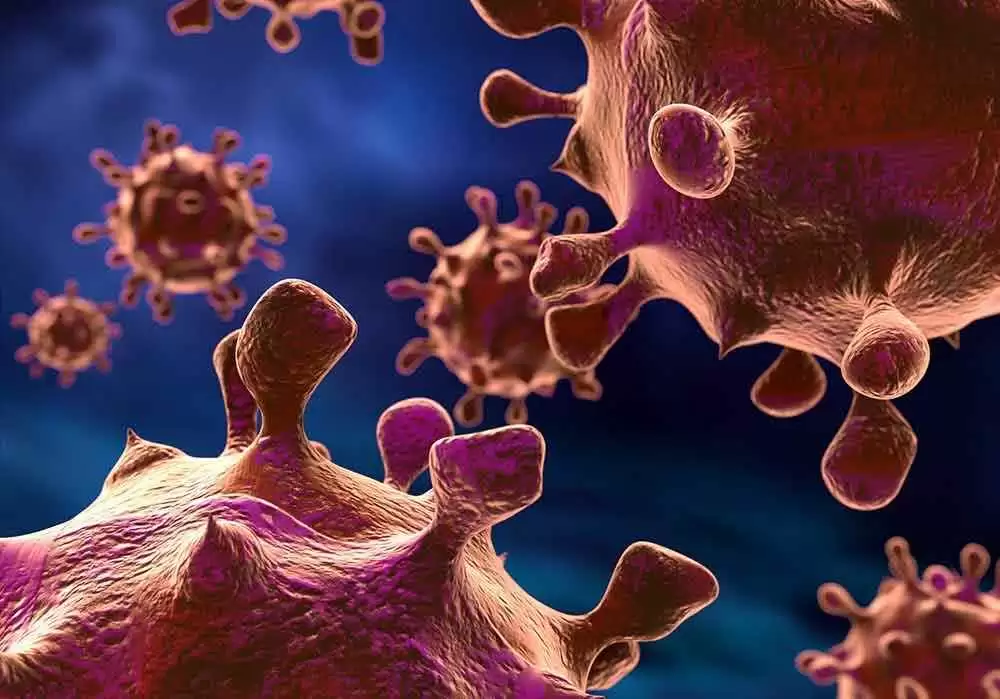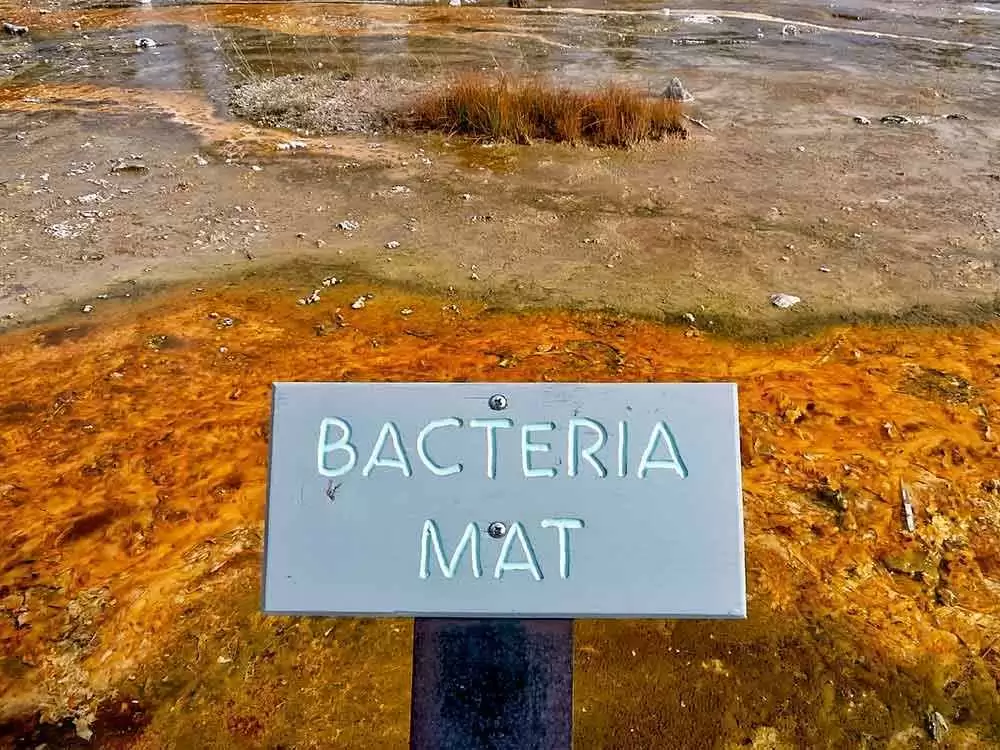
Celiac.com 04/25/2018 - A team of Yale University researchers discovered that bacteria in the small intestine can travel to other organs and trigger an autoimmune response. In this case, they looked at Enterococcus gallinarum, which can travel beyond the gut to the spleen, lymph nodes, and liver. The research could be helpful for treating type 1 diabetes, lupus, and celiac disease.
In autoimmune diseases, such as type 1 diabetes, lupus, and celiac disease, the body’s immune system mistakenly attacks healthy cells and tissues. Autoimmune disease affects nearly 24 million people in the United States.
Celiac.com Sponsor (A12):
In their study, a team of Yale University researchers discovered that bacteria in the small intestine can travel to other organs and trigger an autoimmune response. In this case, they looked at Enterococcus gallinarum, which can travel beyond the gut to the spleen, lymph nodes, and liver. They found that E. gallinarum triggered an autoimmune response in the mice when it traveled beyond the gut.
They also found that the response can be countered by using antibiotics or vaccines to suppress the autoimmune reaction and prevent the bacterium from growing. The researchers were able to duplicate this mechanism using cultured human liver cells, and they also found the bacteria E. gallinarum in the livers of people with autoimmune disease.
The team found that administering an antibiotic or vaccine to target E. gallinarum suppressed the autoimmune reaction in the mice and prevented the bacterium from growing. "When we blocked the pathway leading to inflammation," says senior study author Martin Kriegel, "we could reverse the effect of this bug on autoimmunity."
Team research team plans to further investigate the biological mechanisms that are associated with E. gallinarum, along with the potential implications for systemic lupus and autoimmune liver disease.
This study indicates that gut bacteria may be the key to treating chronic autoimmune conditions such as systemic lupus and autoimmune liver disease. Numerous autoimmune conditions have been linked to gut bacteria.
Read the full study in Science.








Recommended Comments
There are no comments to display.
Create an account or sign in to comment
You need to be a member in order to leave a comment
Create an account
Sign up for a new account in our community. It's easy!
Register a new accountSign in
Already have an account? Sign in here.
Sign In Now